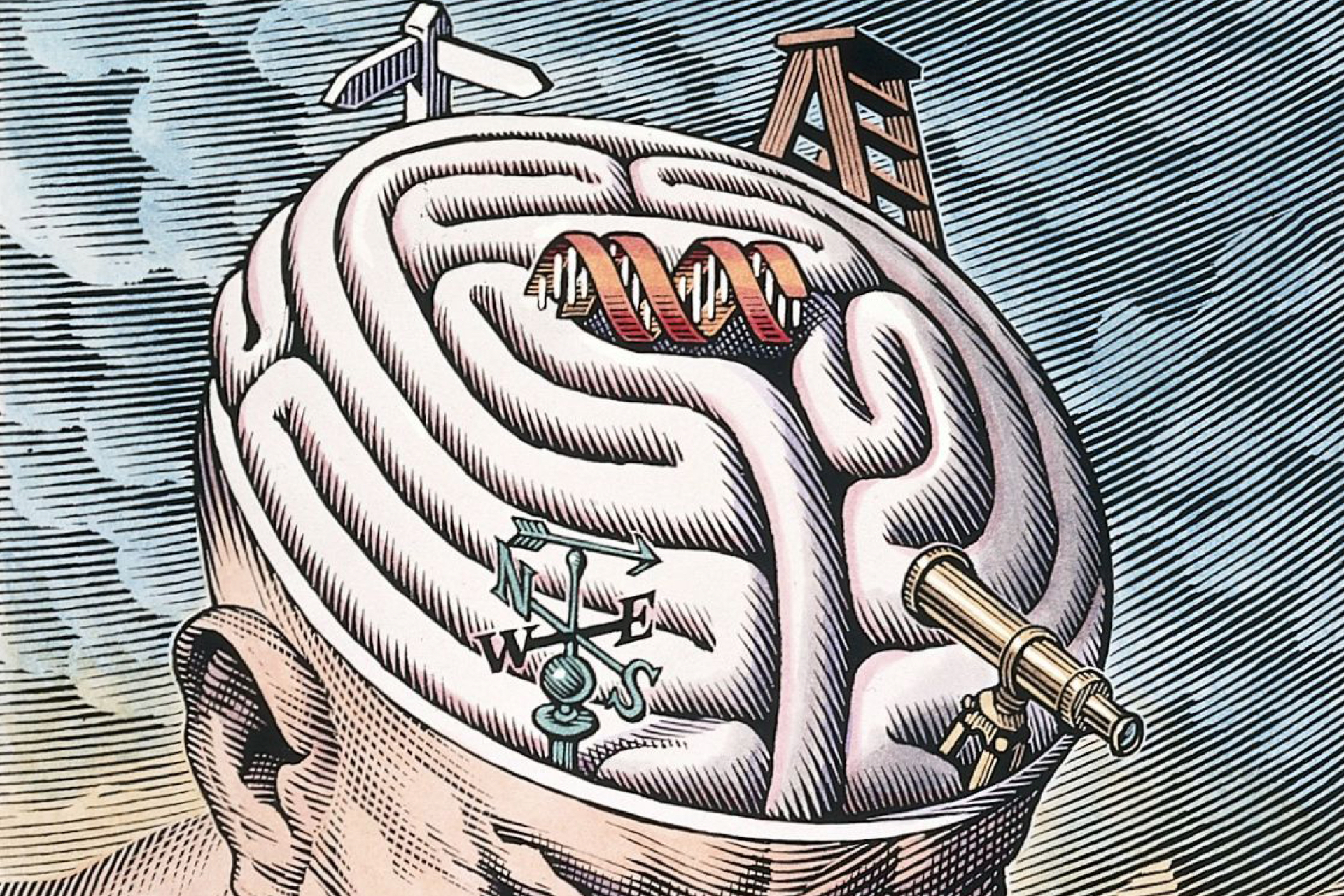Five years ago, on 3 October 2014, the world's first birth following a uterus transplant was announced. Born in Sweden, baby Vincent's arrival made global headlines (see BioNews 775), and was followed by further births from the Swedish trial.
The first uterus transplants in the modern era happened in Saudi Arabia and Turkey, however, the Turkish uterus transplant is yet to produce a successful pregnancy, and the Saudi Arabian experience resulted in removal of the donated organ shortly after transplantation.
Nevertheless, following these early procedures medical knowledge and interest in uterus transplantation increased dramatically. Since 2014, uterus transplants have taken place in Brazil, China, the Czech Republic, Germany, India, Lebanon, Serbia, and the USA, with transplants also planned in Belgium, Egypt, France, Japan, and the UK. Including the Swedish cases, 20 live births have now resulted from uterus transplants, with children born in Brazil, China, Germany, India, and the USA.
The majority of uterus transplants and subsequent births have occurred following live donation, but importantly the proof-of-concept with deceased donors was demonstrated in December 2017 in Brazil (see BioNews 979) and a further birth followed deceased donation in one of the US clinical trials (Cleveland Clinic).
Over the last five years, concerns and questions have been raised with regards to uterus transplantation, including the risks involved for both recipients and (living) donors, alternatives to parenthood that are available in many countries, the selection criteria for clinical trials, and whether uterus transplants could be offered to men and transgender women (see BioNews 847). The debate around appropriate sources of uteri remains ongoing, with developments in bioengineered uteri hopefully one day solving the donor dilemma.
Over the last five years, it has become apparent there is an appetite for uterus transplantation, both from potential recipients, and among clinicians to pursue this research. The medical community has been making significant progress in the transplantation process, and treatment techniques, including reducing operating times, and optimising embryo transfer success rates. Women with uterine infertility are volunteering for clinical trials, and, anecdotally transgender women are also volunteering (although currently excluded under selection criteria).
Whilst the success rates of uterus transplants are impressive, with 20 births from over 70 transplants, there are still issues requiring investigation. For example, no termination of pregnancy following uterus transplantation has happened nor been discussed in the medical literature. The establishment of an international uterus transplantation registry is in progress but appears lacking in long term vision and funding, and the future funding of uterus transplantation once it becomes an established medical procedure is in need of clarification.
It must also be emphasised that uterus transplantation is still in the experimental, clinical research stages. The success stories may give the general public the impression that it is now an established part of medical practice, that it is safe to participate in, and that it can be accessed by those women with uterine infertility. This is not accurate.
Many teams worldwide are still developing and practising procedures in animal models before attempting their first human transplant. Even within experienced teams that have had live births, the learning curve is still being travelled.
Additionally many women with uterine infertility do not satisfy the selection criteria for uterus transplantation trials.
Despite this, uterus transplantation is undeniably a success story. Women with uterine infertility have been given hope of an option to gestate their own genetic child, and the number of clinical trials and potential volunteers demonstrates the will of women and clinicians to further research in pursuit of motherhood.
In spite of ongoing concerns and matters for further discussion, it is clear that uterus transplantation is here to stay, joining the existing array of reproductive technologies. This author anticipates further progress in uterus transplantation over the next five years and will be following that progress with interest.




Leave a Reply
You must be logged in to post a comment.